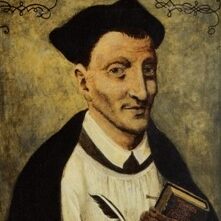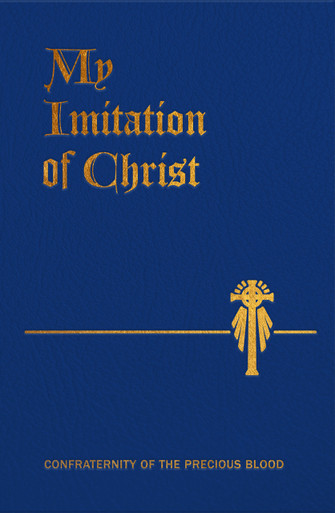
Thomas à Kempis
Thomas à Kempis (c. 1380 – 25 July 1471; German: Thomas von Kempen; Dutch: Thomas van Kempen) was a German-Dutch canon regular of the late medieval period and the author of The Imitation of Christ, written anonymously in Latin in the Netherlands c. 1418–1427, one of the most popular and best known Christian devotional books. His name means "Thomas of Kempen",Kempen being his home town. He was a member of the Modern Devotion, a spiritual movement during the late medieval period, and a follower of Geert Groote and Florens Radewyns, the founders of the Brethren of the Common Life.
More books by author







